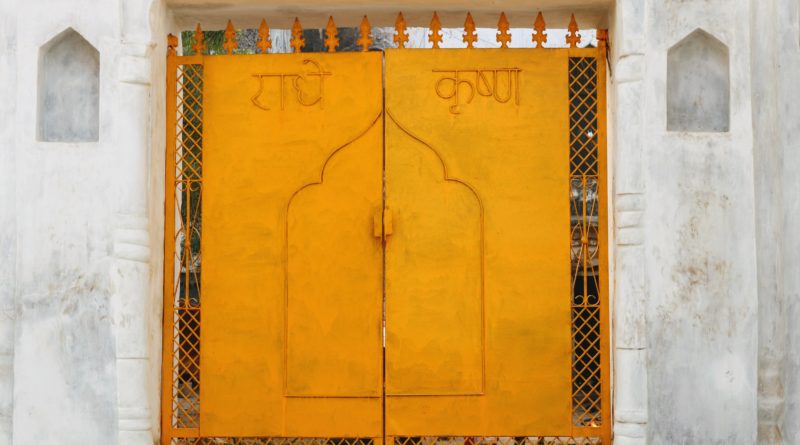State and National Lockdown in India
With the COVID-19 pandemic exploding at an unprecedented pace and spanning over new geographies, several thousand are infected each day with hundreds dying daily. What started in China towards the end of December 2019 has now spread to various parts of the world creating terror and health emergencies. Countries are giving their best to curtail the spread of the novel coronavirus through several quarantine measures. Official lockdown in countries, provinces, and districts have become the most common occurrence. While lockdown and curfews can cause a lot of inconvenience to people and might affect the regular routines of their lives, they have become an impending necessity for the control of the Pandemic. The rules governing lockdown differ from countries as per law. What is the State and National Lockdown in India?
Also, Read Coronavirus is the New Asian Slur
Lockdown in India
Difference between State & National Lockdown
India observed a nationwide lockdown on Sunday 22nd March 2020 as part of preparing the public from any health emergency in the country. The lockdown ending after 21 days on 14th April, got an extension. This is considered to be the strictest measure taken by any country on the world fighting the novel coronavirus pandemic.
Odisha was the first state with Chief Minister Navin Patnaik to formally announce a state lockdown. On 9th April, Odisha government decided to extend its lockdown till 30th April. All schools and other educational institutions will be shut till 17th June 2020. The state lockdown was soon followed by various states and a union territory: Meghalaya, Mizoram, Maharastra, Telangana, West Bengal, Punjab, Tamil Nadu, and Puducherry respectively. Prime Minister Narendra Modi in his address on 14th April, addressed the nation and extended the lockdown extension till 3rd May 2020.
Amid this, it is important to understand the difference between the center and the state’s lockdown. If the states can announce it on their own, then why is the National Lockdown needed.
State Lockdown
As per the Indian Constitution, the power to act on the subjects of law and order and public health lie with the state government. In this ongoing pandemic, many states have accessed their rights and have invoked the Epidemics Diseases Act of 1897 to order the lockdown. This particular act empowers the state to prescribe temporary regulations that will prevent the outbreak.
Centre’s Lockdown
The possible lack of uniformity in the measures adopted by the states as well as in their implementation of the lockdowns was the reason given by Centre for ordering Nationwide lockdown on March 24.
The center’s lockdown was ordered through the National Disaster Management Authority (NDMA). It is headed by Prime Minister under section 6(2)(i) of the Disaster Management Act, 2005. The order of the 21-day lockdown under Section 10(2)(I) of the Disaster Management Authority (DMA) was issued by Union Home Ministry which complied with NDMA’s order.
Can State defy Centre orders for the lockdown?
While there will be a consultation between center and state for the lockdown, the center holds an upper hand to assure that the orders are being followed.
As per Article 254 of the Constitution, if there is any form of inconsistency between a law made by the parliament and by the states, then law made by the center will prevail. In other words, the Centre is the Principle.
The President also holds power to enforce the law in the states, in the case of conflicts. States can enforce the lockdowns but cannot defy the center’s orders for the lockdown.
Even if the states disagree with the center’s decision, they will have to follow it, regardless. Therefore, the states have the power to impose a lockdown but cannot defy a national lockdown.
With the COVID19 pandemic, all states in India have coordinated their effort with the center and appropriate measures are in place to ensure strict implementation of all directions by the center.
“Jaan Bhi and Jahan Bhi” – a future where people care about both the aspects, follow their duties and abide by the directions of the government – this will be important for India’s prosperous and healthy future,” as said by Prime Minister Narendra Modi






Pingback: Everything to Know About Locusts - WarPaint Journal
Pingback: 9 Super Heroines of Marvel Comics - WarPaint Journal
Pingback: 1984 Sikh Genocide: A Forgotten Chapter? - WarPaint Journal
Pingback: Humanity Is Our Only Religion: Lockdown Instances - WarPaint Journal